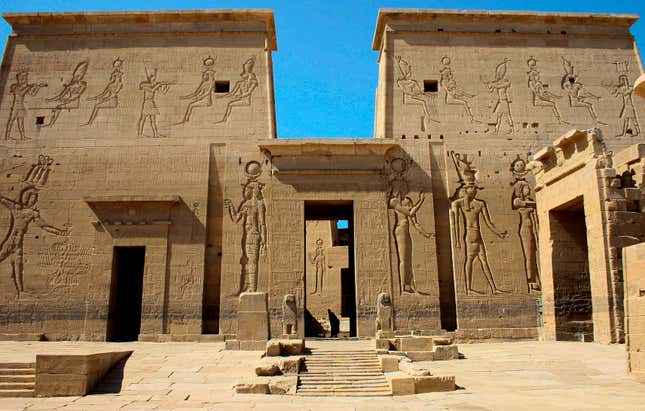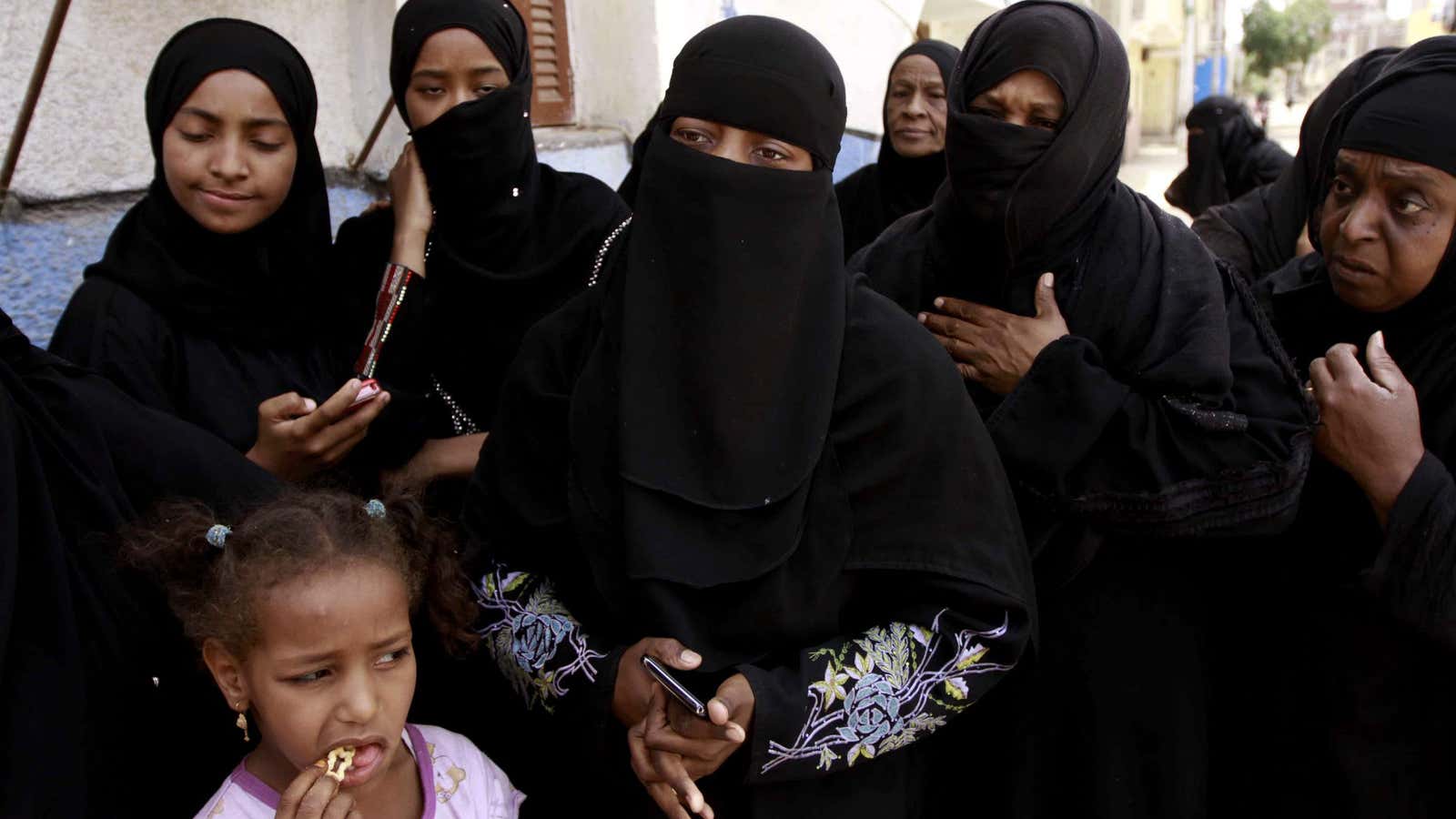Nubian activists in Egypt are demanding to return to their ancestral land, believed to be located on a strip of the Nile near the city of Aswan.
Their campaign is part of an ongoing struggle with the Egyptian government to grant Nubians the right to live on what remains of ancient Nubia, and to recognize their status as one of Africa’s oldest civilizations.
In August 2015, the authorities had earmarked the land as part of the Toshka state agricultural project backed by investors. Three months later, 150 Nubian protesters staged a sit-in on a road outside of Aswan after they were blocked from entering the city.
The government agreed to give 40 square miles of land near the Lake Nasser to Nubians. However, negotiations for land restitution have since stalled.

Nubians are descended from a nation that once ruled over Egypt for thousands of years. In the 1960s, flooding from the Aswan High Dam built to create Lake Nasser displaced many Nubians, and forced them to relocate to the bigger cities like Cairo and Alexandria.
Speaking to PRI, Nubian activist, Maja Janmyr, said organizers were planning on taking their case to the African Commission on Human and People’s Rights, and possibly to international courts.
In 2014, the new Egyptian government set up the Committee on the Reconstruction and Rehabilitation of Nubia as part of a bill designed to grant Nubians land over a space of ten years. Three years later, the commission was dissolved and the bill has since been scrapped.
It remains to be seen how Nubians will claim ancestral land in regional and international human rights courts. Egypt’s membership to the African Union means human rights cases can be brought forth to the African Commission on Human and People’s Rights.
But the Egyptian constitution doesn’t recognize the right to indigenous land since Nubians aren’t considered to have an identity separate from Arab Egyptians. Moreover, 95% of Egypt’s population live on 3% of the country’s land, making it difficult to divide off areas exclusively for Nubians.
